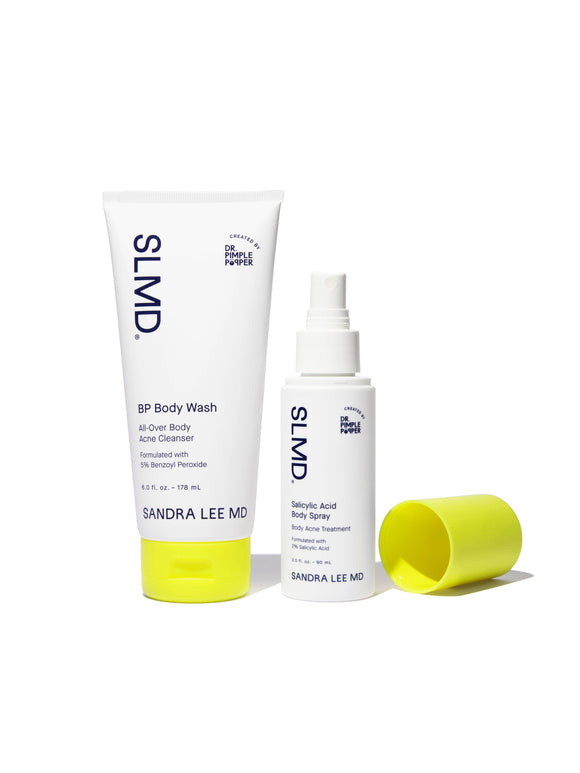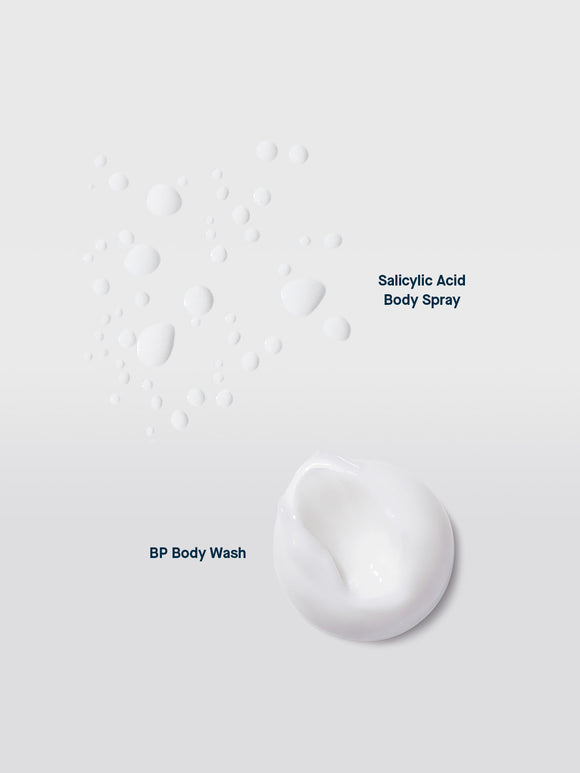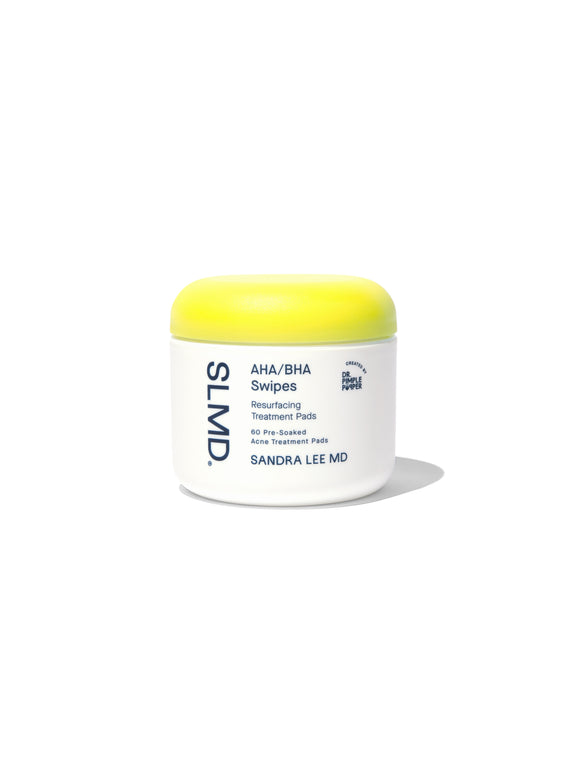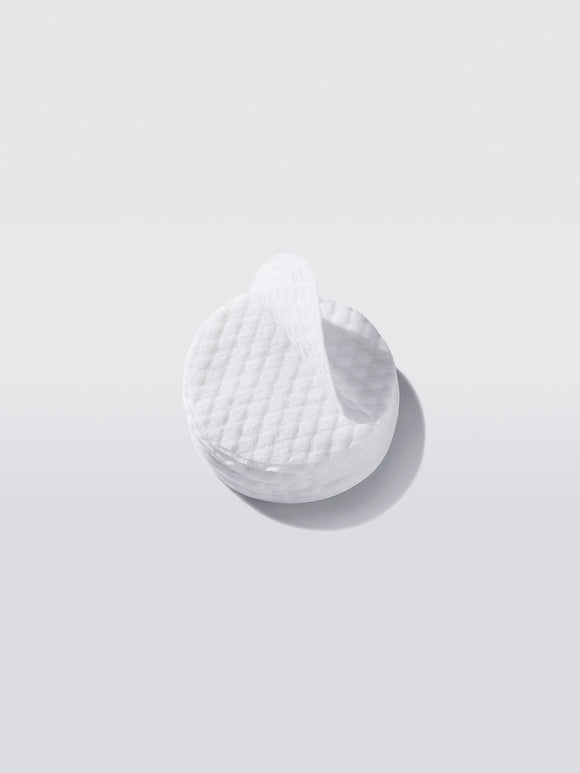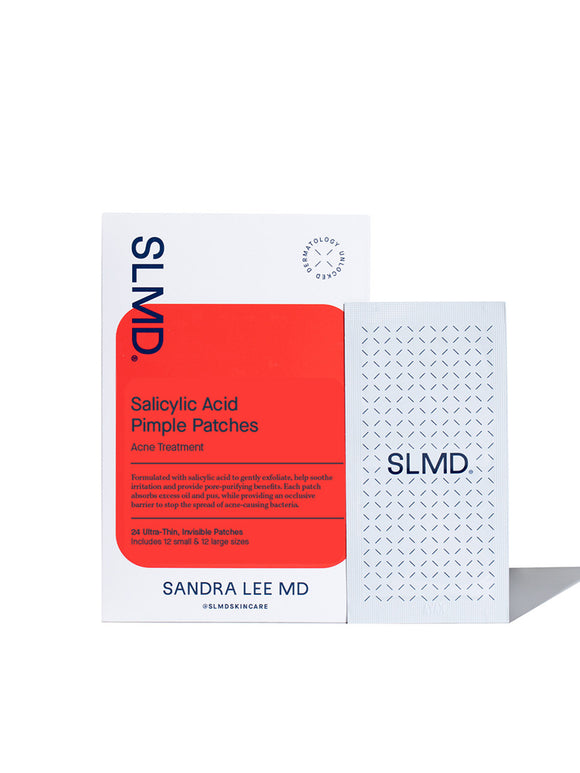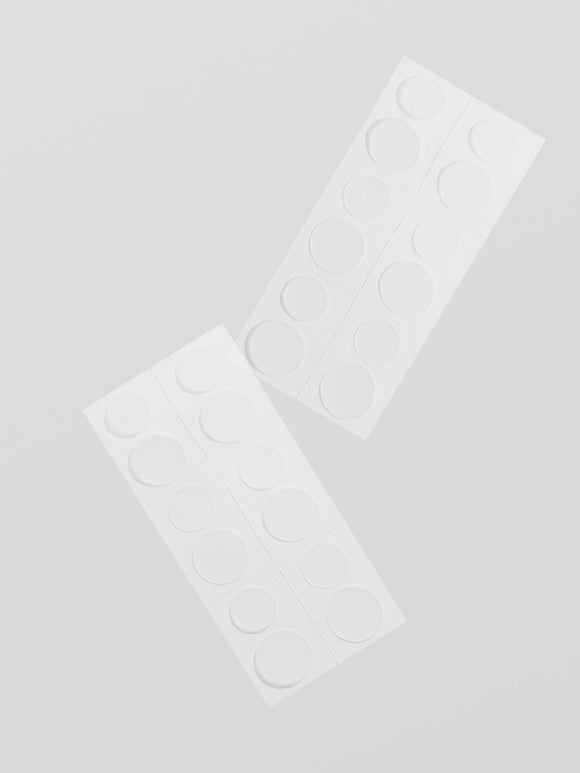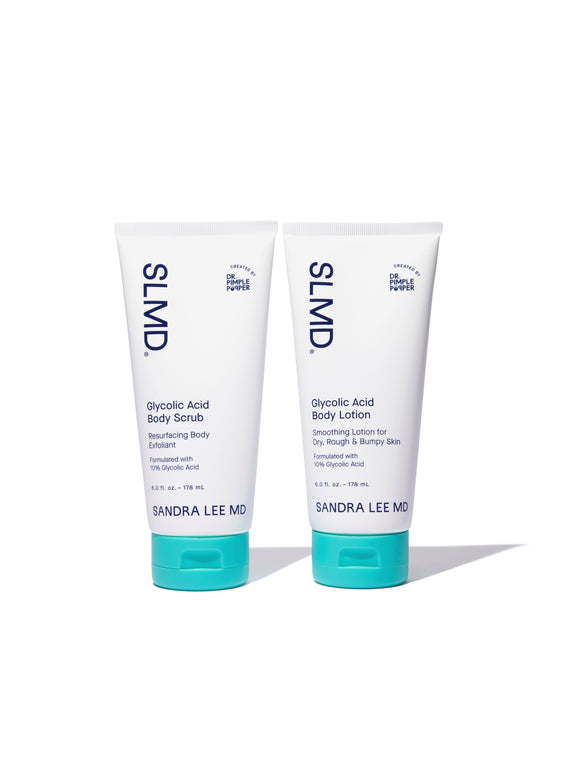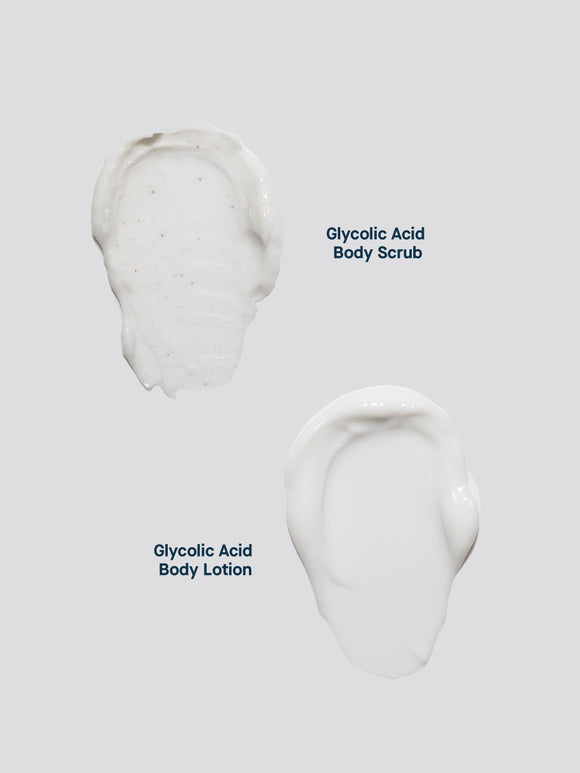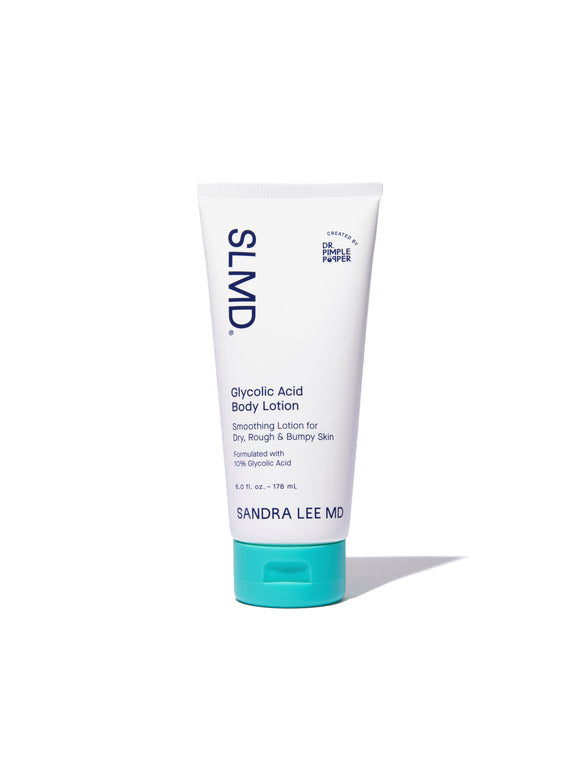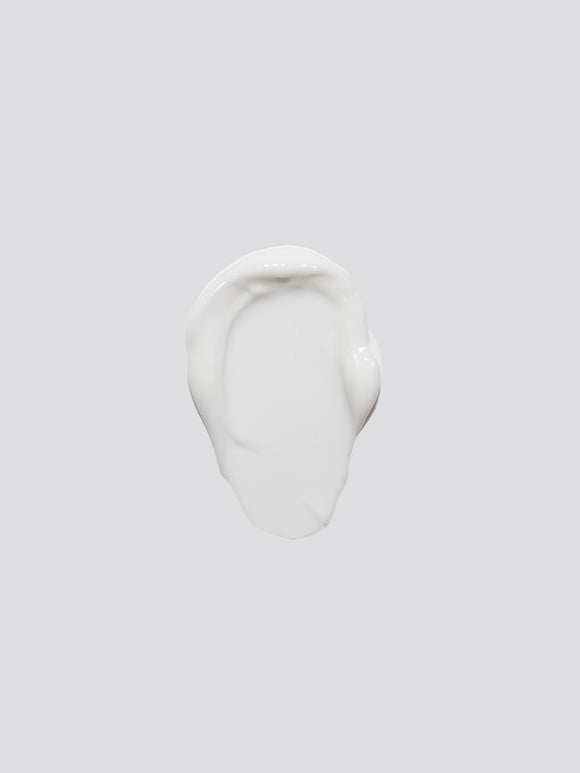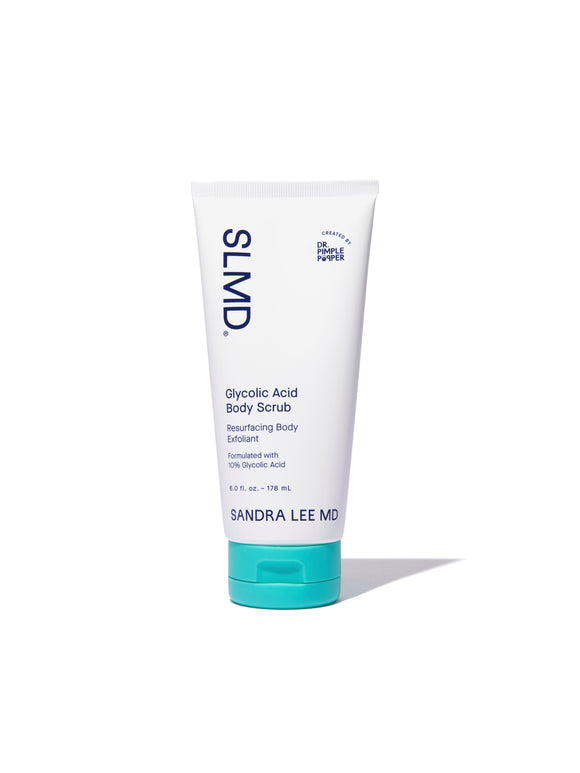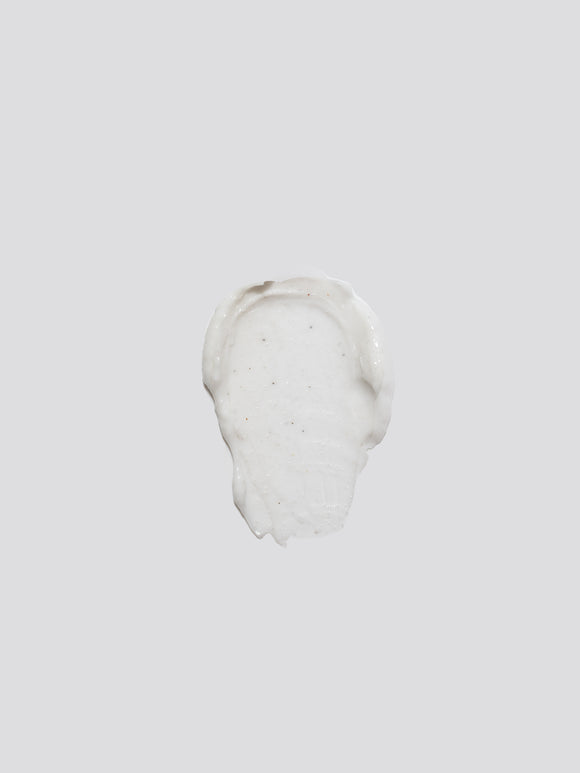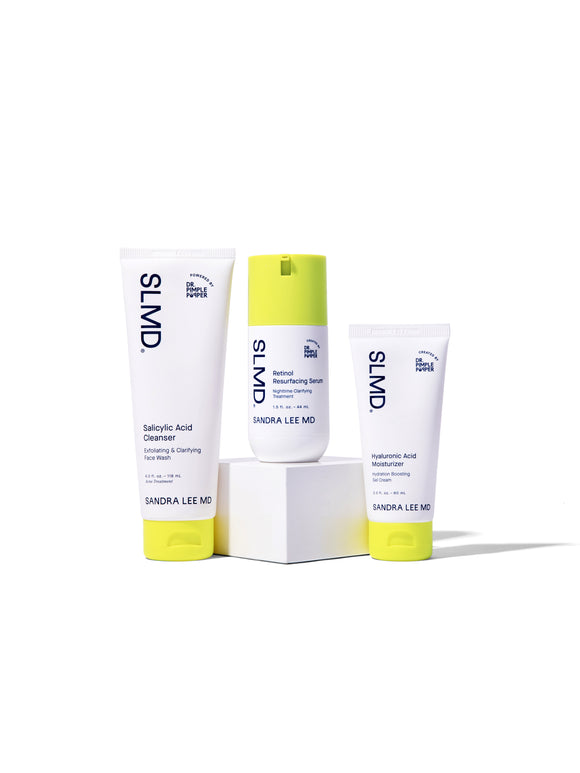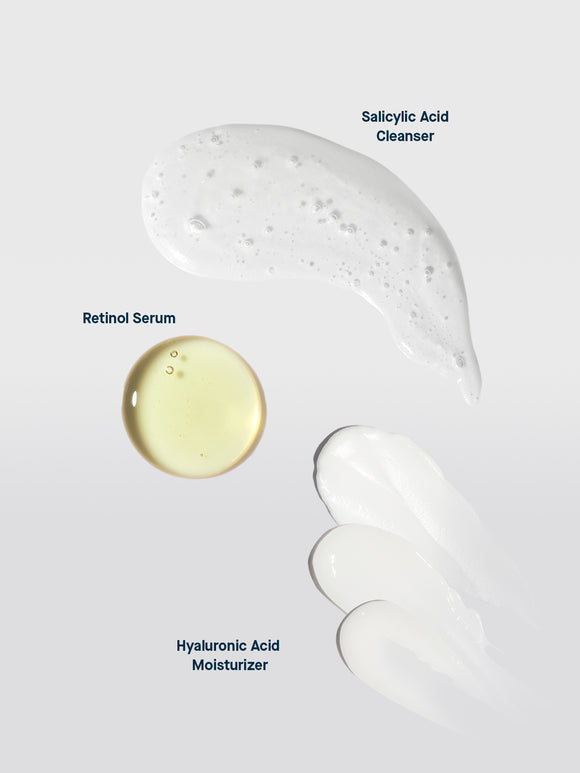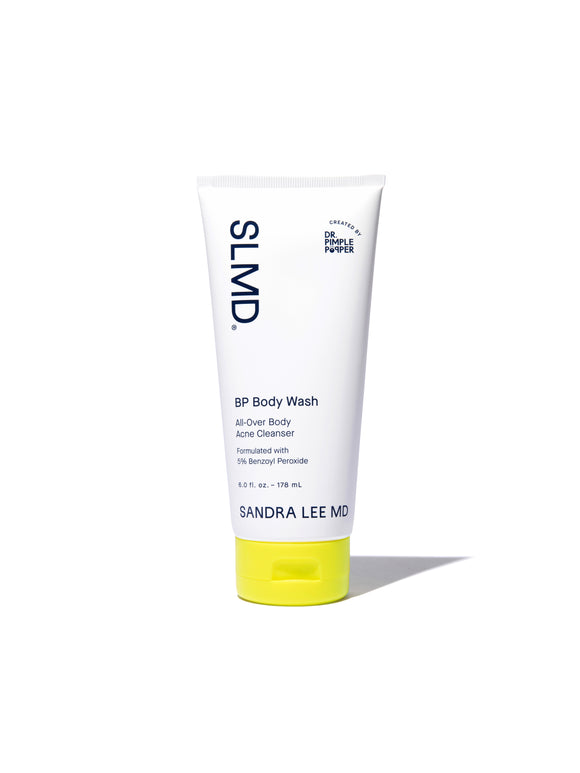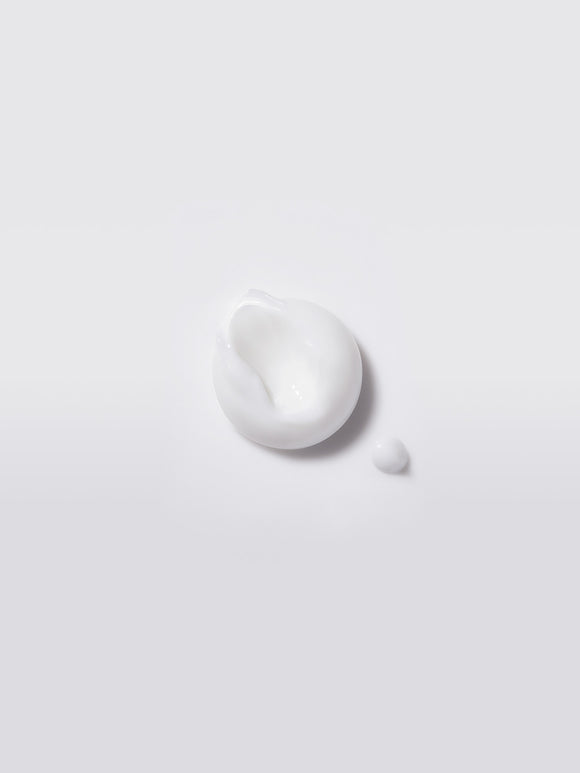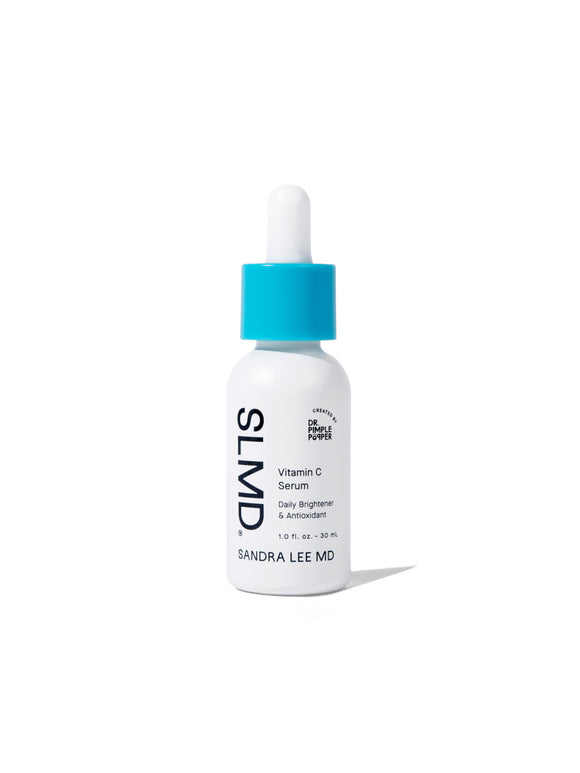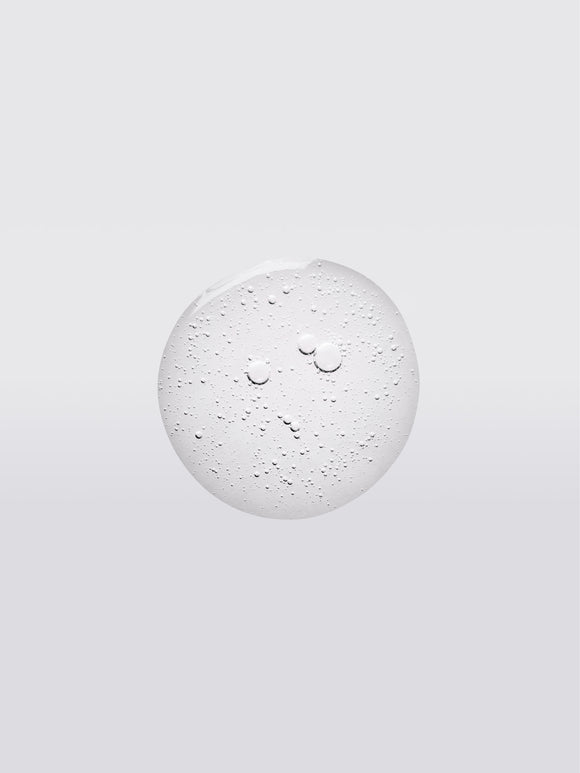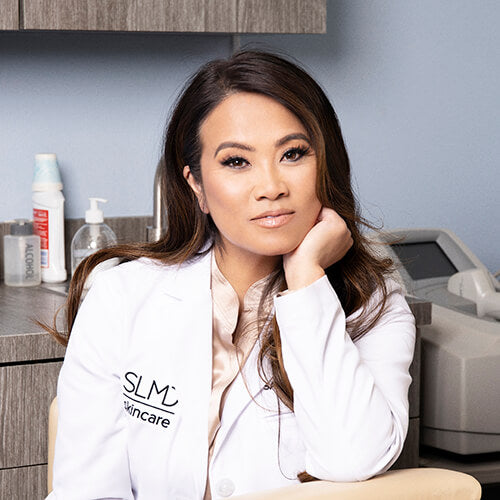
4 Questions Dermatologists Always Get Asked About Acne, Aging, and Skin Health
Dr. Pimple Popper offers expert advice for treating and preventing the most common skin concerns.Published:
4 minute read
Wouldn’t it be nice to have a personal dermatologist on call, ready with advice when a pimple pops up or when you’re overwhelmed in the skincare aisle? Dr. Sandra Lee, aka Dr. Pimple Popper, is here to help by answering some of the most common questions dermatologists hear. Plus, she shares her favorite ingredients (and product recommendations) to help you tackle common skin issues.
Article Quick Links
#1 Why do adults still get acne?
If you struggled with acne as a teenager, you may have been told it would disappear with age. Yet for many adults, acne is as persistent as ever. We’ve talked about the differences between teenage and adult acne before, but here’s a quick look at what might be happening:
- Teenage acne: Primarily driven by hormonal surges and genetics.
- Adult acne: Often linked to hormonal imbalances, stress, lifestyle factors, and, in some cases, chronic health conditions.
- Adult women: Acne is frequently hormonal, often recurring with menstrual cycles or due to lower estrogen levels around menopause.
Dr. Lee’s advice for managing adult acne? Start with a consistent skincare routine and spot treat as needed.
Best ingredients for adult acne
- Salicylic acid: Keeps pores clear to prevent clogs. Try: SLMD Salicylic Acid Cleanser, Salicylic Acid Pimple Patches, Salicylic Acid Spot Treatment
- Benzoyl peroxide: Eliminates acne-causing bacteria and reduces inflammation. Try: SLMD Benzoyl Peroxide Acne Lotion, BP Body Wash, BP Acne Spot Treatment
- Sulfur: A natural mineral that exfoliates gently and is suitable for sensitive skin.
- Retinol: Boosts cell turnover to prevent clogging and improve post-inflammatory hyperpigmentation (PIH). Try: SLMD Retinol Resurfacing Serum
Dr. Lee recommends using a combination of acne-fighting ingredients as part of a complete regimen (like her SLMD Acne System) to effectively manage breakouts. If there’s no improvement after a month or two, it's time to talk to a dermatologist for further guidance.
Dr. Pimple Popper's Top Acne Fighters
#2 How long should pimples take to heal?
Pimples go through a natural life cycle that can be prolonged by picking. In the early stages, pores fill up with sebum and dead skin cells, leading to blackheads and whiteheads. If bacteria becomes trapped in the pore, it can develop into an inflamed pimple, resulting in redness and sometimes pain.
- Healing time: Left alone, most pimples will heal within 7-10 days. However, they may leave behind a dark mark — known as post-inflammatory hyperpigmentation — which can take longer to fade, especially as cell turnover slows with age.
- The impact of picking: Picking or squeezing pimples can worsen the situation, leading to infection, spreading bacteria to surrounding areas, increased redness, swelling, and even permanent scarring. To support healing, it’s best to spot treat and avoid touching the area.
Best ingredients for healing acne marks
- Alpha and beta hydroxy acids (AHAs and BHAs): These acids slough off dead cells, clear pores, and help fade hyperpigmentation. Try: SLMD AHA/BHA Swipes with glycolic, lactic, and salicylic acids
- Retinol: Speeds up cell turnover, reducing melanin buildup in dark spots. Try: SLMD Retinol Resurfacing Serum
- Antioxidants: Ingredients like kojic acid, vitamin C, and niacinamide help lighten dark marks, brighten skin, and reduce redness. Try: SLMD Vitamin C Serum
#3 How can I smooth bumpy or rough skin on my body?
While body acne is common, especially for those who break out on the face, other types of body bumps and rough patches can also be challenging to manage. Here are some frequent causes of bumpy skin that aren’t related to acne:
- Inflammatory skin conditions: Conditions like eczema and psoriasis can cause chronic rough patches.
- Keratosis pilaris (KP): Known as “chicken" or "strawberry" skin, KP is caused by keratin buildup in hair follicles.
- Ingrown hairs: Often result when hair grows back into the skin, causing bumps.
Dr. Lee notes that if your body bumps are persistent, painful, or resistant to over-the-counter treatments, it may be time to consult a dermatologist for further evaluation and options.
Best ingredients for smoother body skin
- Colloidal oatmeal: Proven to help repair the skin barrier, soothing dryness and irritation.
- Glycolic acid: Exfoliates dry skin and unclogs follicles that contribute to KP, rough skin, and ingrown hairs. Try: SLMD Body Smoothing System
Dr. Pimple Popper's Body Bump Solutions
#4 What are the top skincare ingredients for anti-aging and youthful skin?
With so many anti-aging products on the market, it’s easy to feel overwhelmed. According to Dr. Lee, there are a few standout ingredients that dermatologists recommend for well-aging skin:
Essential ingredients for anti-aging
- Sunscreen: The #1 defense against photoaging, aka premature aging. Radiation damage accounts for the majority of visible aging, making daily SPF critical. Try: SLMD Daily Moisturizer with SPF 15
- Alpha and beta hydroxy acids (AHAs and BHAs): Exfoliants like glycolic, lactic, and salicylic acids reduce fine lines and hyperpigmentation. Try: SLMD AHA/BHA Swipes
- Retinol: A derivative of vitamin A that accelerates cell turnover and boosts collagen production. Try: SLMD Retinol Resurfacing Serum
- Antioxidants: Vitamins C and B3 neutralize free radicals that damage cells, helping preserve youthful skin. Try: SLMD Vitamin C Serum

Dr. Lee's Last Word
When it comes to skincare, my top recommendation is to keep a consistent routine using ingredients that have proven benefits, like sunscreen, salicylic acid, and retinol. Start simple, go slowly with new products, and pay attention to how your skin responds. If you’re dealing with persistent issues, consult a dermatologist to ensure you’re on the right track.





